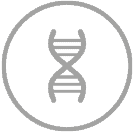R+D+I: Kliniske Studier ved Instituto Bernabeu
A correct medical treatment must combine, together with dedicated care, the personalization of the process and in some cases, the application of R + D + I. At Instituto Bernabeu we are constantly carry out different lines of research to which, if they wish, our patients can join.

FINN ETTER TYPE EKSAMEN:
DET MEST RELEVANTE
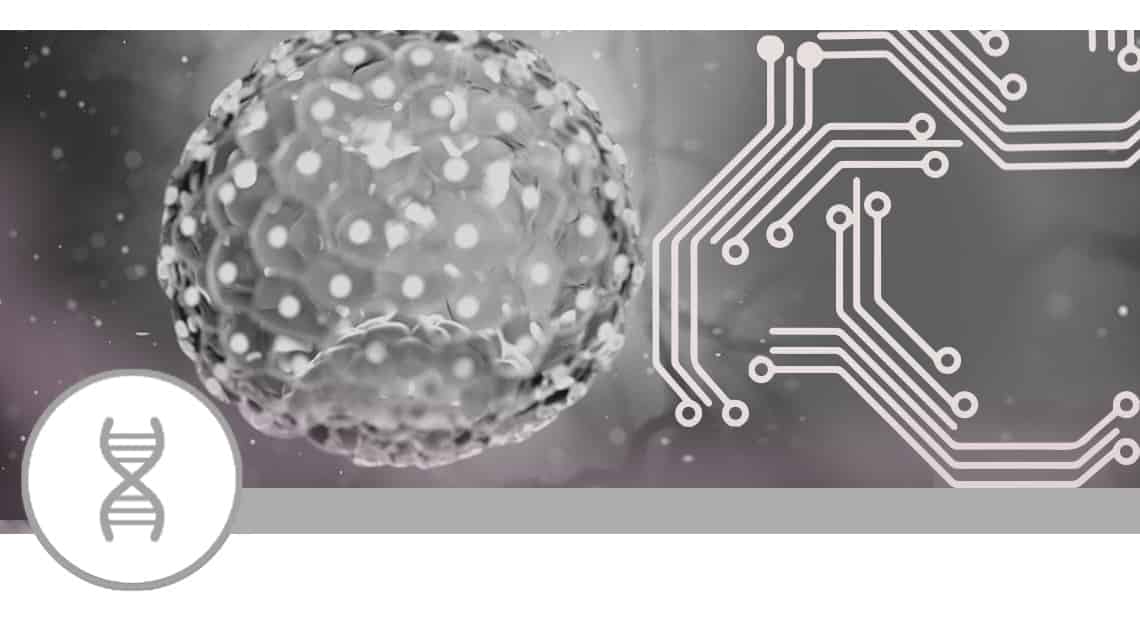
Machine learning and euploid embryo implantation
Investigation subject: human embryos from in vitro fertilisation (IVF) cycles whose chromosomal endowment has been analysed by PGT-A.
Objective: exemplary Machine Learning algorithms to predict the probability a euploid embryo (analysed by PGT-A) will implant in the maternal uterus. Different patient characteristics (maternal and paternal), IVF cycle, embryos, ovarian stimulation and embryo biopsy will be used as predictor variables.
Current situation: The number of cases is currently being expanded and after the appropriate statistical analysis.
Location: Molecular Biology and Genetics department. Instituto Bernabeu. Alicante.
Coordinated by: Dr Jose A. Ortiz, Dr Ruth Morales and Dr Belén Lledó.
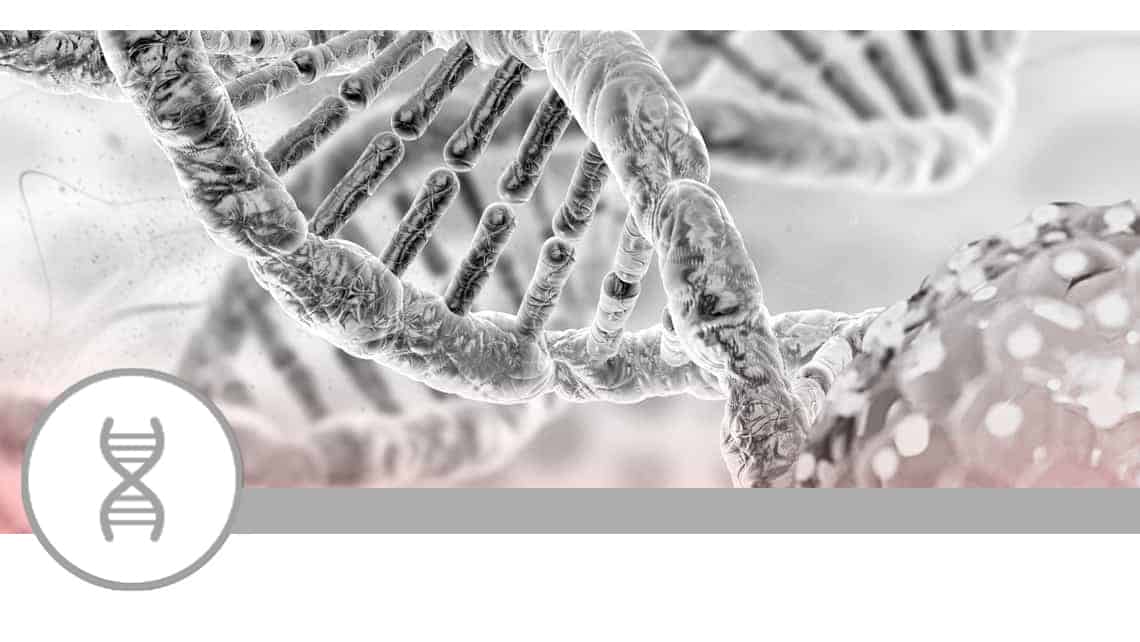
Meta-analysis and systematic review of factors associated with embryonic mosaicism
Investigation subject: possible factors, such as maternal and paternal age, semen quality, embryonic quality or the day of biopsy that could be associated with embryonic mosaicism.
Objective: to perform a systematic review of the available scientific literature related to the possible factors associated with embryonic mosaicism, with its corresponding meta-analysis.
Current situation: embryonic mosaicism (presence of two or more chromosomally different cell lines in the embryo) has become a topic of great interest in recent years, due to the fact that a percentage of the embryos analyzed by PGT-A are diagnosed as mosaics. This has generated continuous research in this field,to try to find out the causes and factors that may be associated with this phenomenon.
Location: Instituto Bernabeu Alicante.
Coordinated by: Dr Ruth Morales and Dr Belén Lledó.
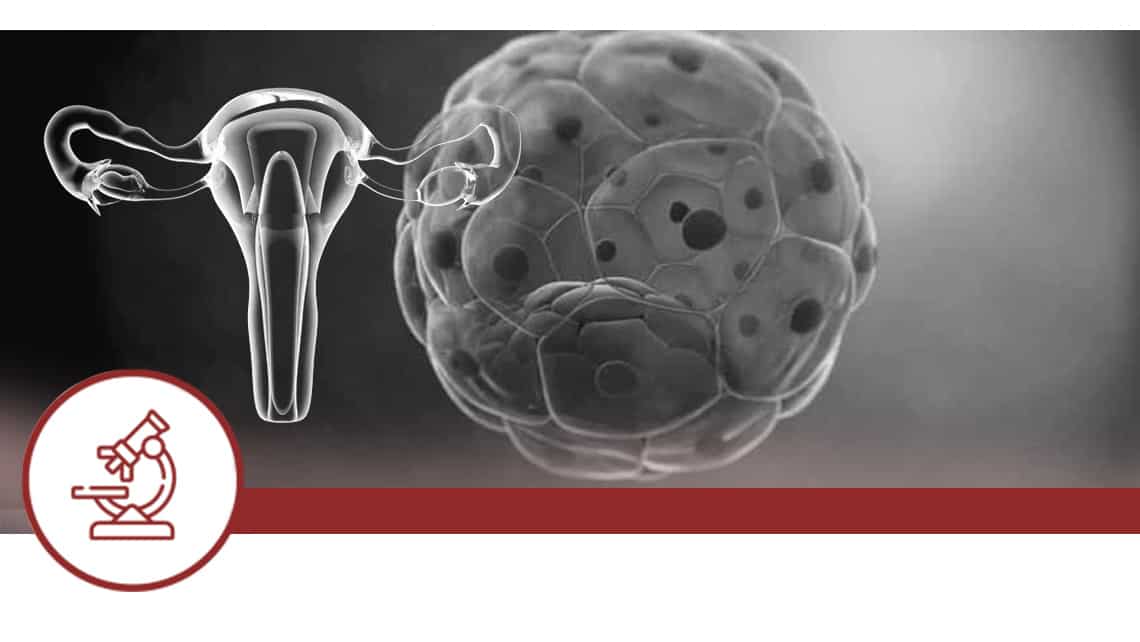
Correlation between clinical findings and embryonic chromosomal status by non-invasive analysis
Investigation subject: prospective randomised study investigating chromosomal analysis of embryos transferred into the maternal uterus using non-invasive techniques.
Objective: toestablish a correlation between the chromosomal status of the embryo transferred to the maternal uterus and its potential for implantation and evolutionary gestation.
Current situation: recruitment phase.
Location: Instituto Bernabeu Alicante.
Coordinated by: Dr Belén Lledó, Dr Dori Rodríguez, Dr Jorge Ten.
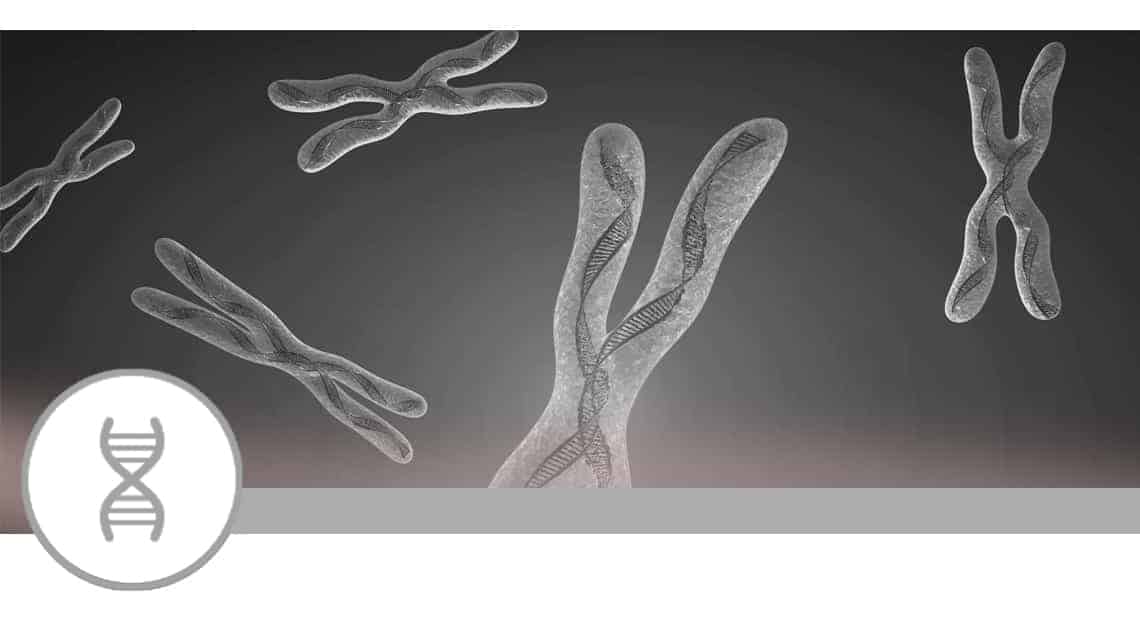
Predictive model for chromosomal abnormalities
Investigation subject: human embryos from in vitro fertilisation (IVF) cycles whose chromosomal endowment has been analysed by PGT-A.
Objective: topredict the probability of an embryo being euploid (chromosomally normal) from different patient data, IVF cycle and embryo morphological characteristics.
Current situation: pending for publication
Location: Instituto Bernabeu’s Molecular Biology and Genetics department. Alicante.
Coordinated by: Dr Jose A. Ortiz, Dr Ruth Morales and Dr Belen Lledo.
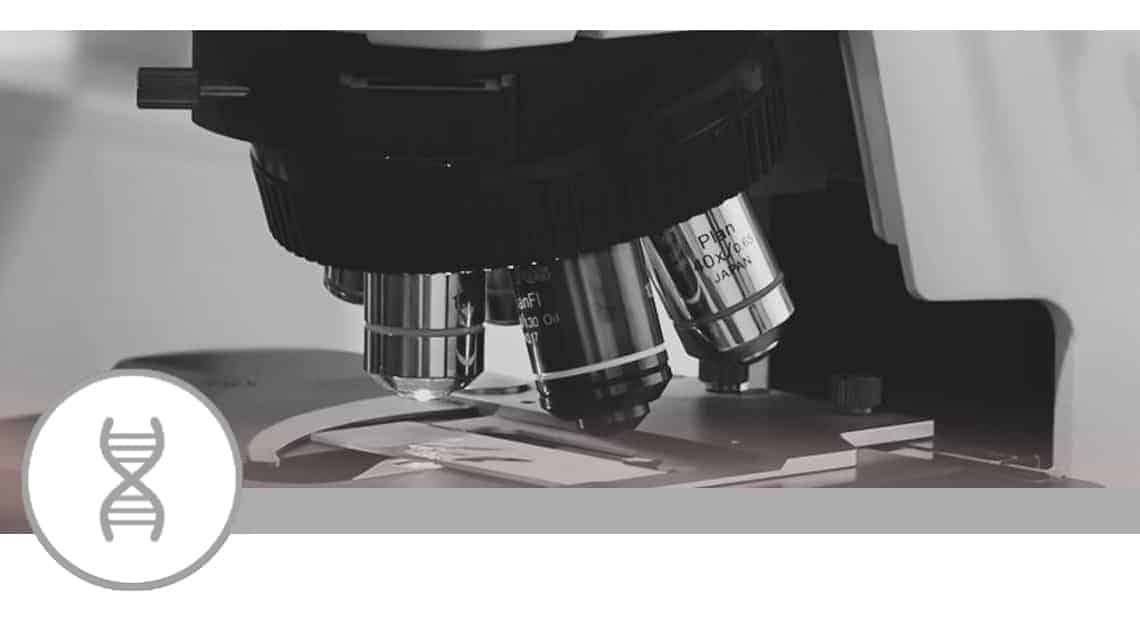
Assessment of clinical outcomes after IBgen FIV
Investigation subject: clinical and ovarian stimulation results of patients who have undergone the IBgenFIV test.
Objective: the main objective of this study is to test the efficacy of the IBGenFIV test in improving clinical data and thus to find out if it’s clinically useful.
Current situation: statistical analysis.
Location: Instituto Bernabeu’s Molecular Biology and Genetics department. Alicante.
Coordinated by: Dr Belen Lledo and Dr Jose A. Ortiz.
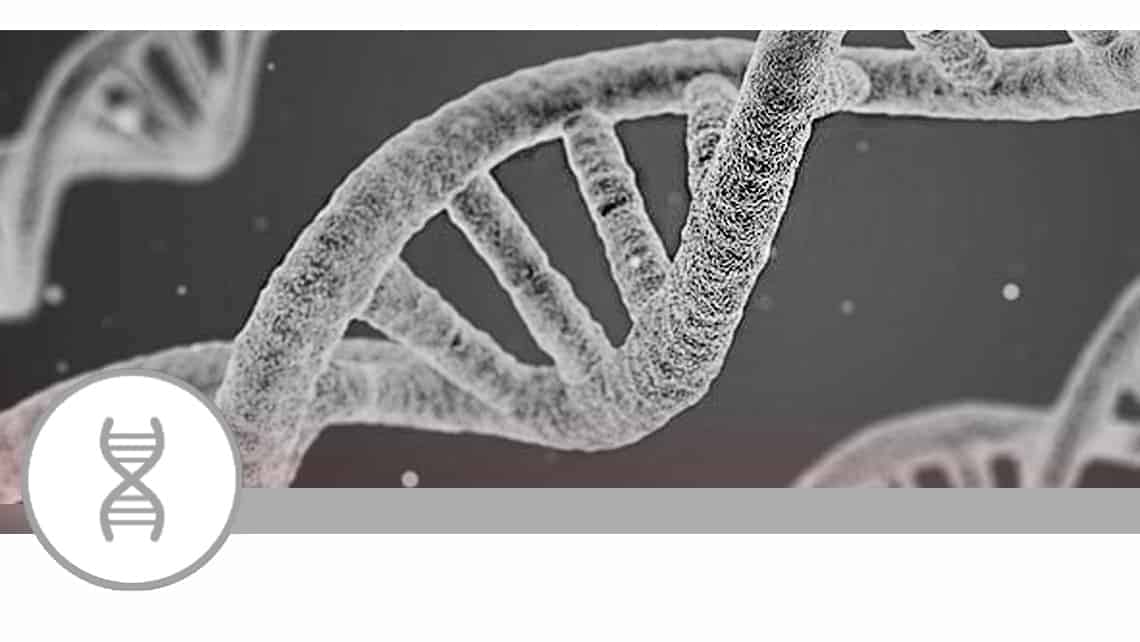
Whole-exome sequencing in premature ovarian failure
Investigation subject: Identification of novel variants and candidate genes in women with familial idiopathic premature ovarian failure (cessation of menstruation before age 40) using whole-exomesequencing (WES).
Objective: To identify a genetic cause of familial premature ovarian failure (POF) with whole-exome sequencing.
Current situation: Premature ovarian failure is a common cause of infertility in women. This pathology has a heterogeneous etiology. Some chromosomal and genetic alterations have been described, and could explain approximately 20% of cases. However, in most patients the origin remains unknown. Recent studies with next-generation sequencing (NGS) have identified new variants in candidate genes related with premature ovarian insufficiency (POI) or premature ovarian failure (POF). These genes are not only involved in processes such as folliculogenesis, but also with DNA damage repair, homologous recombination, and meiosis.
Location: Instituto Bernabeu Alicante.
Coordinated by: Dr Ruth Morales and Dr Belén Lledó.
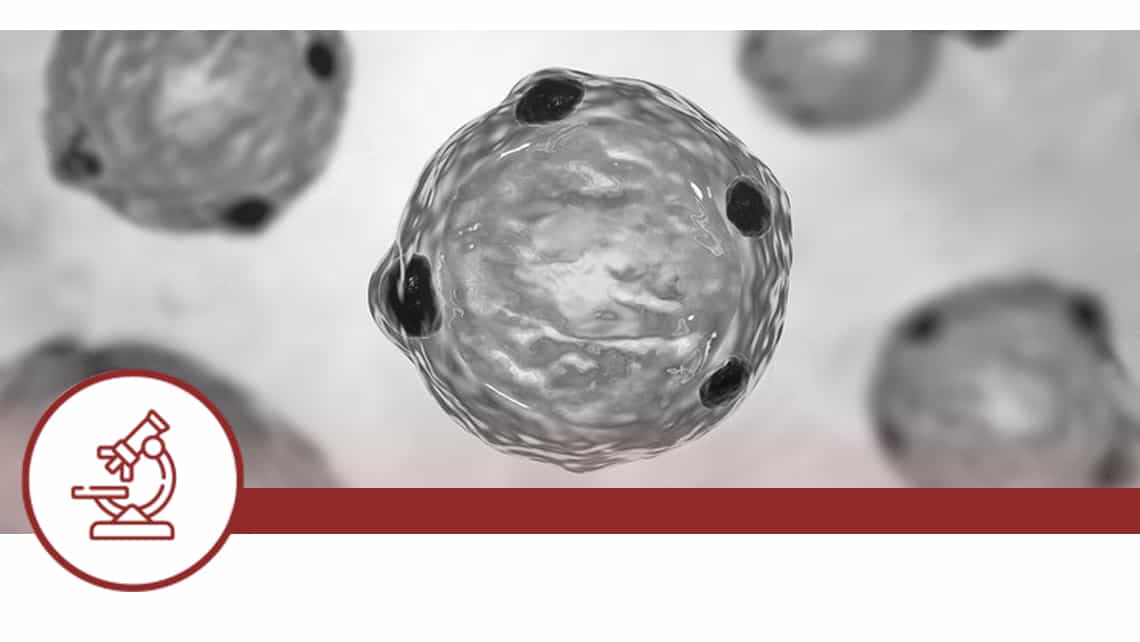
Investigation subject: whether there’re differences in the development and quality of individually and group cultured embryos.
Objective: todetermine which method of embryo culture (single or group) up to day 5 is best to achieve the highest quality and rate of blastocyst formation.
Current situation: Embryos database.
Location: IB Alicante.
Coordinated by: Miguel Herreros, Laura Martí, Nerea Díaz, María del Carmen Tió, Dr Adoración Rodríguez, Jaime Guerrero, Dr José Ortiz, Dr Jorge Ten y Dr Rafael Bernabeu.
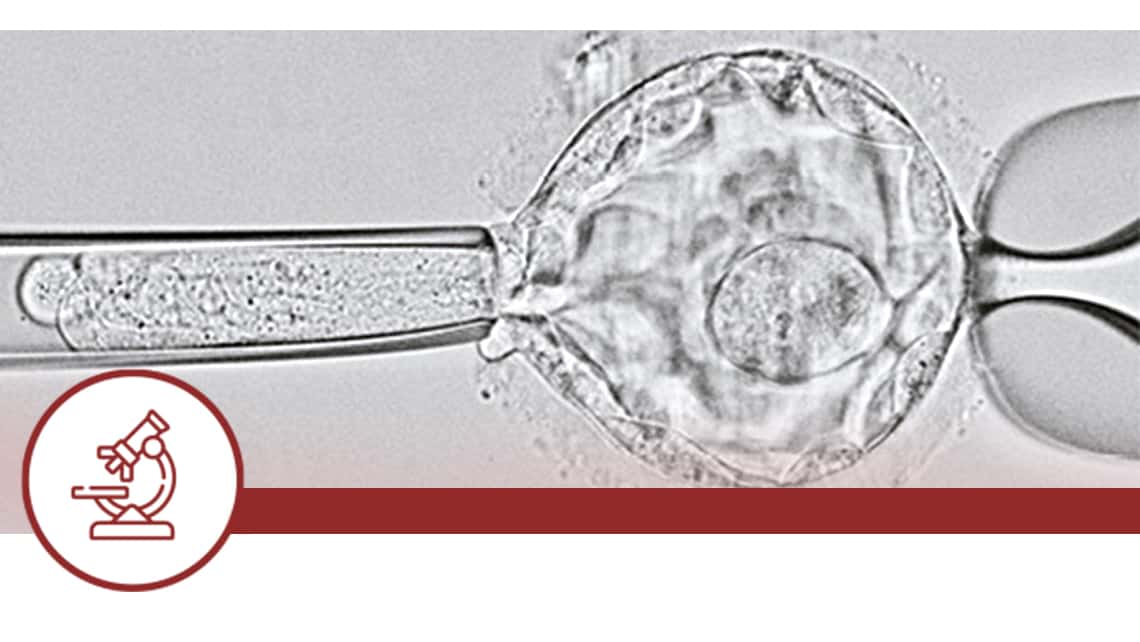
Does the trophectoderm biopsy technique affect the result of the genetic analysis in PGT-A cycles?
Investigation subject: compare significant genetic results of the biopsied embryos that could be influenced by the biopsy technique “pulling” or “flicking”, in order to choose the better.
Objective: compare the two biopsy techniques currently used in our laboratories.
Current situation: collecting last data (babies born in 2021).
Location: IB Madrid.
Coordinated by: Leyre Herrero, Laura Cascales, Mónica Aparicio, Dr Jorge Ten.
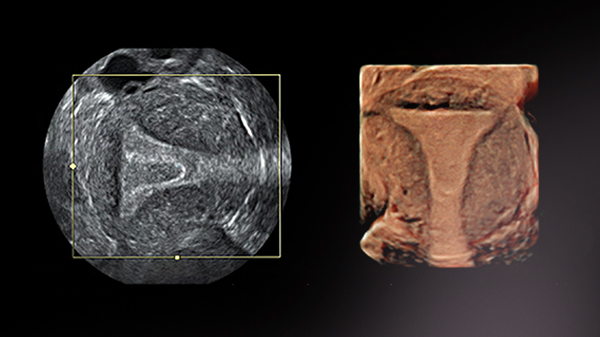
The subject being researched: Research into the potential significance of changes to the endometrium following exposure to progesterone for the development and posterior success of a pregnancy and whether or not these changes are driven by genetic predisposition.
The aim: Comparison of reproduction results in preparation cycles for embryo transfer between patients whose endometrium decreases in the secretory phase prior to transfer and patients who maintain a stable or thicker endometrium.
Start date: June 2021. Current situation: actively recruiting patients.
Location: Instituto Bernabeu in Alicante, Madrid, Albacete, Mallorca, Benidorm and Elche.
More information: For more information click here
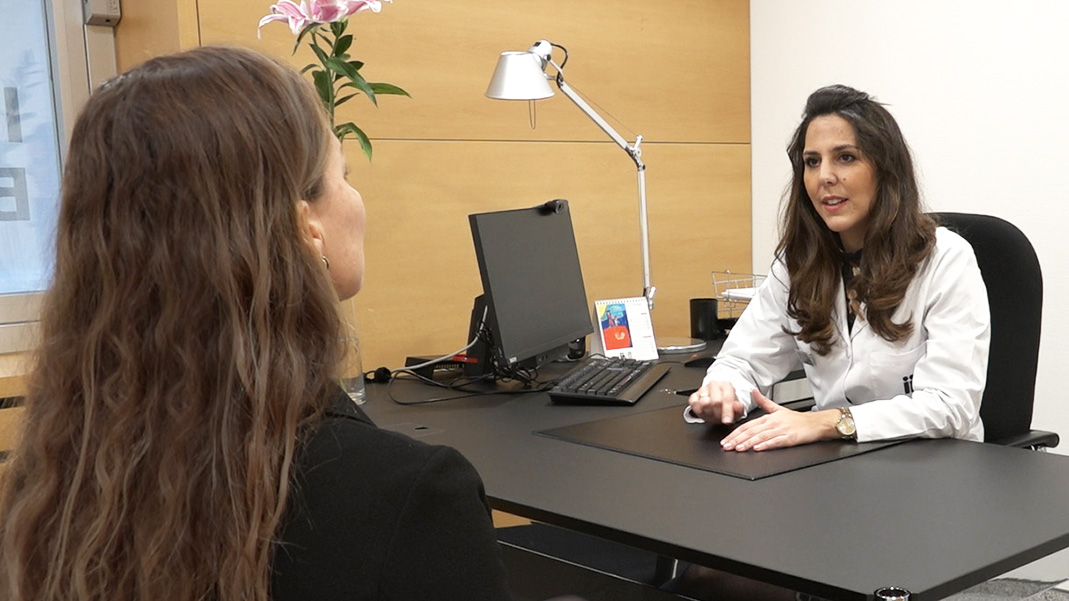
What is studied: Suboptimal response to ovarian stimulation
Aim: study the difference in the number of eggs obtained by performing ovarian stimulation in follicular phase vs. Luteal phase in a population of patients with a prior suboptimal response
Start: January 2020
Location: Instituto Bernabeu Alicante
More information: For more information click here
For study details you can find them through the Ministery of Health

